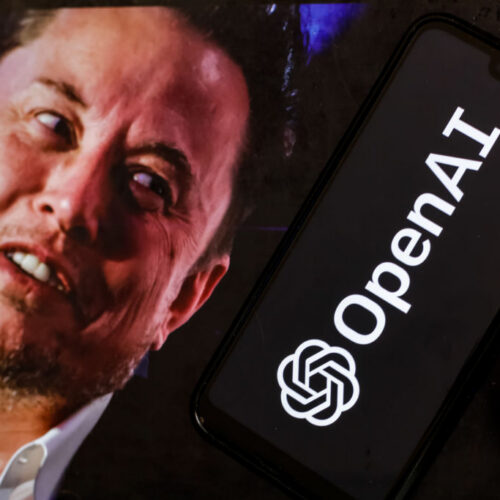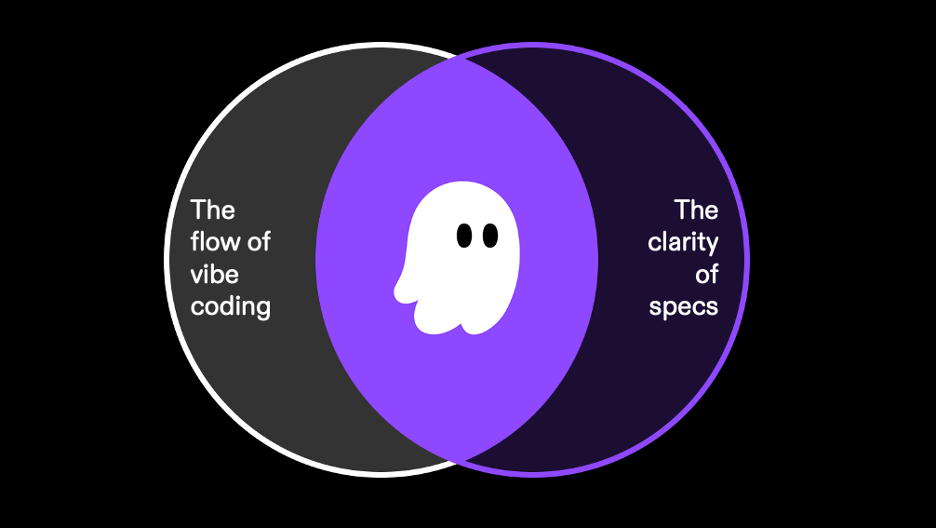“We are not in any way supported by or funded by Elon Musk and have a history of campaigning against him and his interests,” Ruby-Sachs told NBC News.
Another nonprofit watchdog targeted by OpenAI was The Midas Project, which strives to make sure AI benefits everyone. Notably, Musk’s lawsuit accused OpenAI of abandoning its mission to benefit humanity in pursuit of immense profits.
But the founder of The Midas Project, Tyler Johnston, was shocked to see his group portrayed as coordinating with Musk. He posted on X to clarify that Musk had nothing to do with the group’s “OpenAI Files,” which comprehensively document areas of concern with any plan to shift away from nonprofit governance.
His post came after OpenAI’s chief strategy officer, Jason Kwon, wrote that “several organizations, some of them suddenly newly formed like the Midas Project, joined in and ran campaigns” backing Musk’s “opposition to OpenAI’s restructure.”
“What are you talking about?” Johnston wrote. “We were formed 19 months ago. We’ve never spoken with or taken funding from Musk and [his] ilk, which we would have been happy to tell you if you asked a single time. In fact, we’ve said he runs xAI so horridly it makes OpenAI ‘saintly in comparison.'”
OpenAI acting like a “cutthroat” corporation?
Johnston complained that OpenAI’s subpoena had already hurt the Midas Project, as insurers had denied coverage based on news coverage. He accused OpenAI of not just trying to silence critics but possibly shut them down.
“If you wanted to constrain an org’s speech, intimidation would be one strategy, but making them uninsurable is another, and maybe that’s what’s happened to us with this subpoena,” Johnston suggested.
Other nonprofits, like the San Francisco Foundation (SFF) and Encode, accused OpenAI of using subpoenas to potentially block or slow down legal interventions. Judith Bell, SFF’s chief impact officer, told NBC News that her nonprofit’s subpoena came after spearheading a petition to California’s attorney general to block OpenAI’s restructuring. And Encode’s general counsel, Nathan Calvin, was subpoenaed after sponsoring a California safety regulation meant to make it easier to monitor risks of frontier AI.


